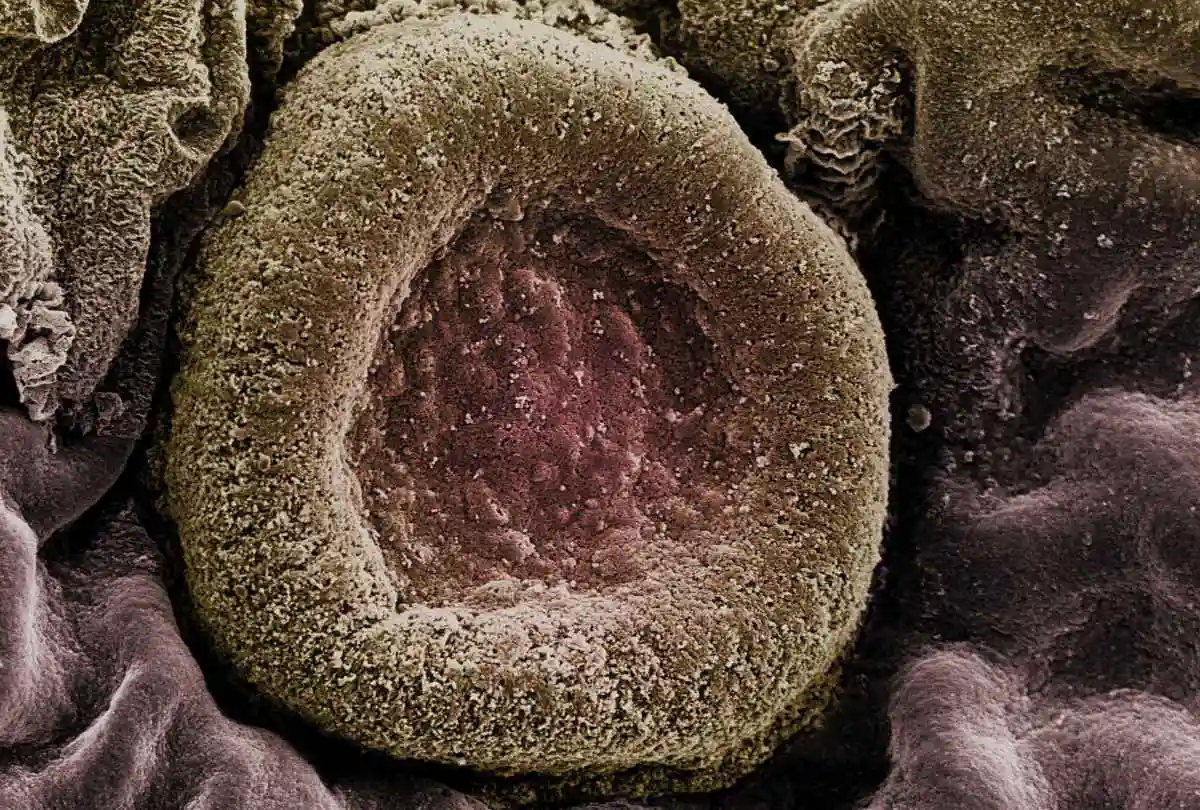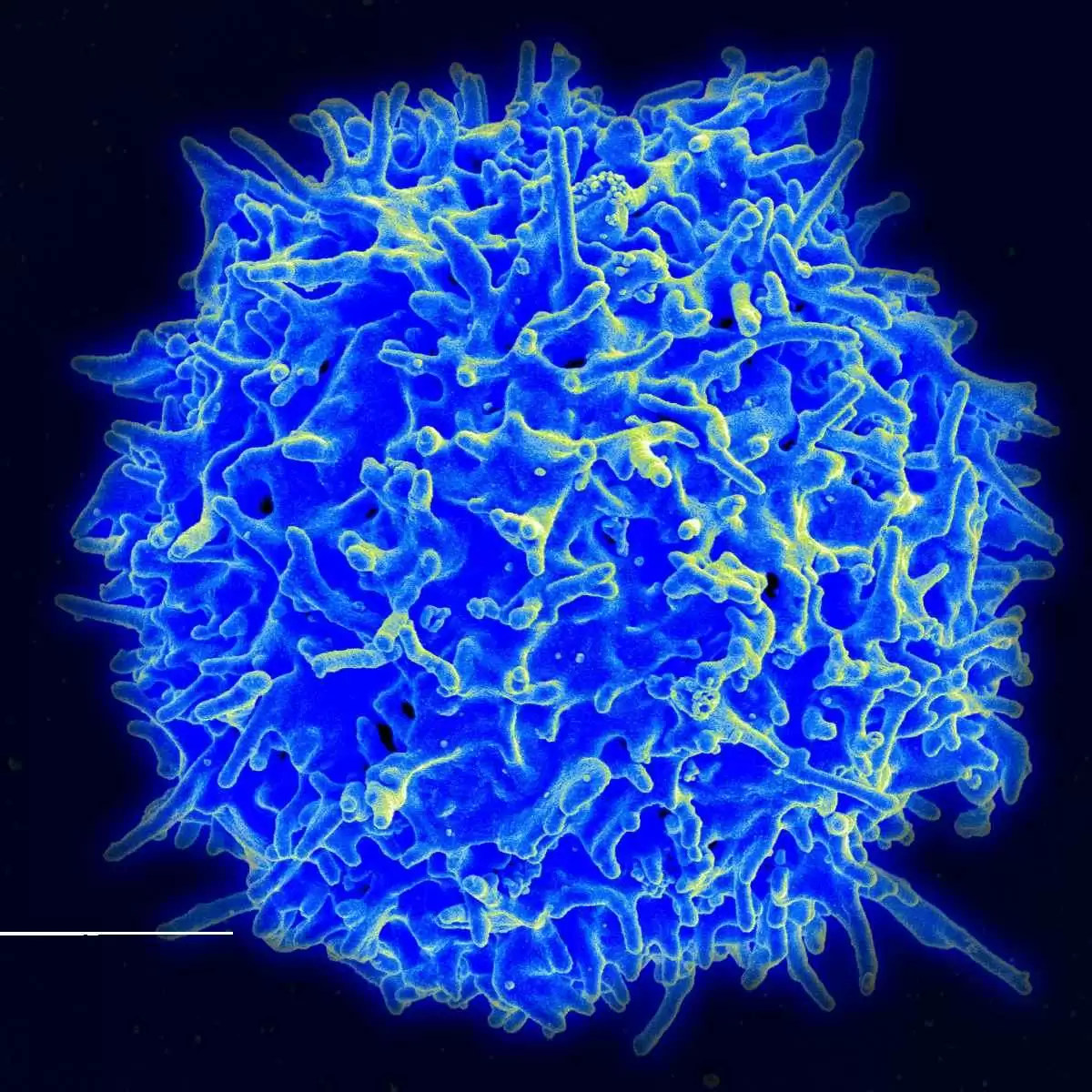
Celiac.com 06/05/2023 - Gluten-related disorders involve immune responses triggered by gluten ingestion, and they affect millions of individuals worldwide. With an overall prevalence of about 5%, gluten-related disorders represent a potentially significant health concern. The most prominent gluten-related disorder is celiac disease, a T-cell-mediated autoimmune disease with a wide range of symptoms, including diarrhea, malabsorption, and even lymphoma.
Despite extensive research on gluten-related disorders, the environmental factors that contribute to the diverse reactions in susceptible individuals have remained elusive. However, recent studies have shed light on a potential link between pathogens and the development of celiac disease, transcending the traditional notion of molecular mimicry.
Celiac.com Sponsor (A12):
Scientists have long speculated that pathogens might act as environmental triggers for celiac disease by exploiting molecular mimicry mechanisms. Molecular mimicry happens when foreign molecules resemble self-antigens, leading to immune system confusion and subsequent attacks on host tissues. In this context, it is plausible that pathogens may exhibit molecular, structural, and physical similarities to gluten, thereby inducing immune responses in susceptible individuals.
Analysis of the 33-mer and p31-43 Gliadin Peptides
To investigate this hypothesis further, researchers conducted a comprehensive analysis of the two most significant gluten peptides involved in celiac disease: the 33-mer and p31-43 gliadin peptides.
The research team included Diego S. Vazquez, Hanna M. Schilbert, and Veronica I. Dodero, Francesco Asnicar, Academic Editor and Serena Manara. They are variously affiliated with the Grupo de Biología Estructural y Biotecnología (GBEyB-IMBICE), Departamento de Ciencia y Tecnología, Universidad Nacional de Quilmes, Buenos Aires, Argentina; the Consejo Nacional de Investigaciones Científicas y Técnicas (CONICET) in Buenos Aires, Argentina.
Streptococcus Pneumoniae and Granulicatella sp. Show Strong Similarity to the Gliadin Peptides
Employing advanced bioinformatics techniques, the team performed a stringent BLASTp search, and identified high sequence similarity regions between these gliadin peptides and proteins derived from bacterial pathogens. Notably, extracellular proteins from Streptococcus pneumoniae and Granulicatella sp. displayed a strong similarity to the gliadin peptides.
Further examinations involved molecular dynamics calculations and the construction of updated α-2-gliadin models. These investigations revealed close spatial localization and solvent-exposure of the 33-mer and p31-43 peptides.
By comparing these structures with the homology models and localization predictors of pathogen-related proteins, the researchers identified putative functions of the pathogen-derived sequences, such as T-cell epitopes and SH3/WW-binding domains. Moreover, shape and size parallels between the pathogenic agents and the superstructures of gliadin peptides led to the formulation of novel hypotheses concerning the activation of innate immunity and dysbiosis.
The researchers propose that these pathologically relevant gluten-derived peptides may behave as non-replicating pathogens, introducing exciting avenues for further exploration at the intersection of innate immunity, microbiome research, and the field of food science.
Conclusions
These findings suggest that the relationship between gluten and pathogens is more intricate than previously understood. The sequence, structural, and physical similarities between gluten peptides and pathogen-derived proteins raise intriguing questions about the role of pathogens in the development of gluten-related disorders.
While the molecular mimicry hypothesis remains relevant, this research expands the scope of investigation, highlighting the need to consider a broader range of factors that may contribute to the activation of the immune system in individuals susceptible to celiac disease.
By unraveling the mechanisms behind the immune responses triggered by gluten ingestion, researchers are helping to improve diagnosis, treatment, and prevention strategies for celiac disease and other gluten-related disorders.
Read more in the Int J Mol Sci. 2021 Sep; 22(17): 9278









Recommended Comments
Create an account or sign in to comment
You need to be a member in order to leave a comment
Create an account
Sign up for a new account in our community. It's easy!
Register a new accountSign in
Already have an account? Sign in here.
Sign In Now